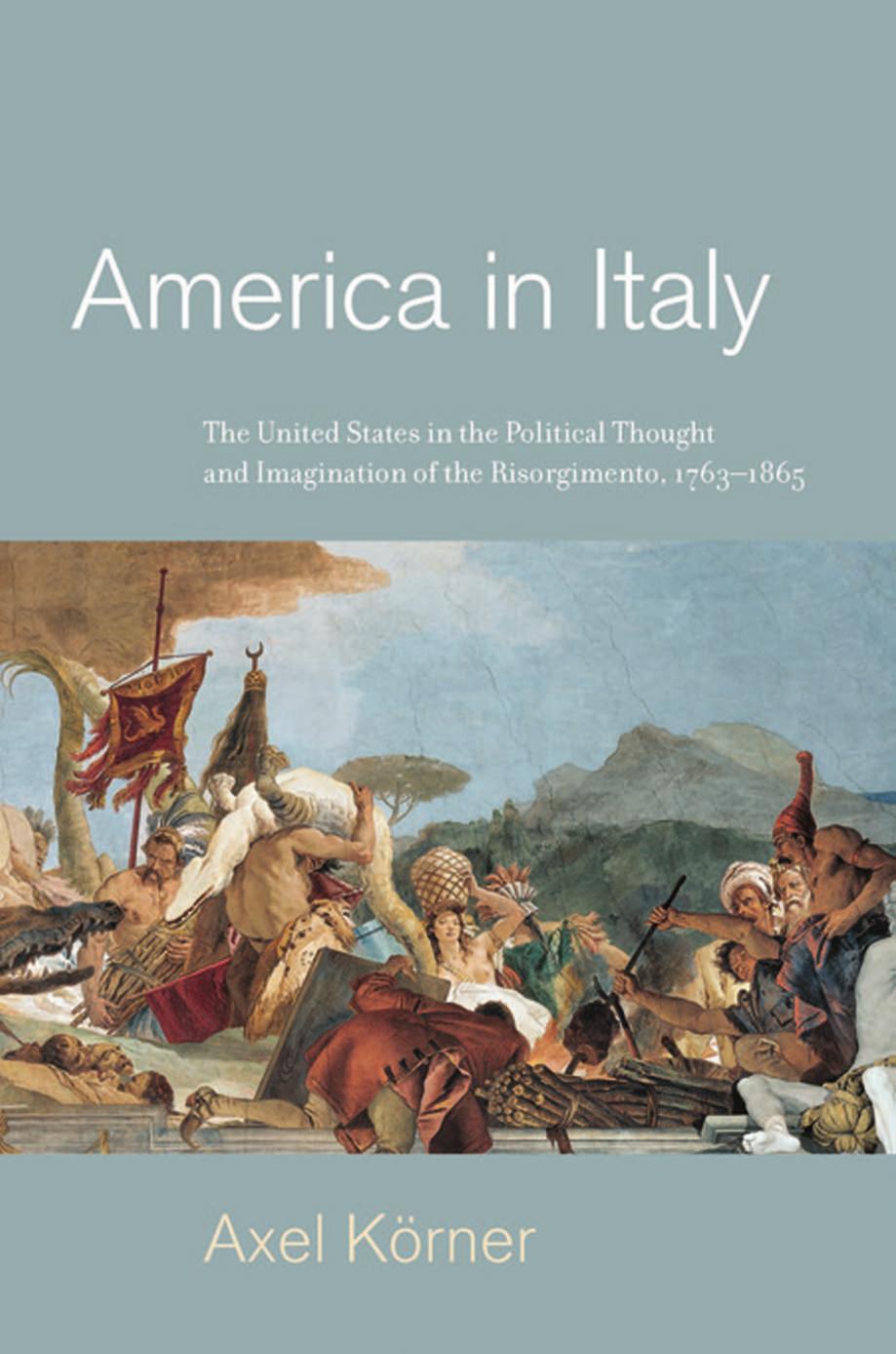America in Italy: The United States in the Political Thought and Imagination of the Risorgimento, 1763â1865 by Axel Körner

Author:Axel Körner [Körner, Axel]
Language: eng
Format: epub, pdf
Tags: History, Europe, Italy, Americas (North; Central; South; West Indies), Political Science, History & Theory, World, General, Philosophy, Political
ISBN: 9780691164854
Google: CGyYDwAAQBAJ
Publisher: PrincetonUP
Published: 2017-06-13T19:35:05+00:00
Turning Gustavo into Riccardo
Although audiences and critics accepted Verdiâs music as an authentic description of âcreoles,â ânegroes,â and the colonial administration of New England, the history of the plotâs evolution from Gustavo to the masked ball in Boston needs further explanation, not least because the changes to the composerâs original plan are frequently used to present Verdi as the political and aesthetic victim of his vicious censors. As mentioned earlier, Verdiâs opera was based on Scribeâs French libretto about the assassination of Gustaf III, to be performed at the San Carlo in Naples. When negotiations with the censors reached an impasse and Verdi was no longer prepared to make further compromises on the libretto, the composer set out to seek a new home for his work. In the meantime Verdi had also realized that the Kingdom of the Two Sicilies, where his new opera was meant to be premiered, did not yet apply the recent international conventions on authorship. Writing an opera for Naples therefore might have resulted in an important loss of royalty payments. Rome and its social and political elites were particularly keen on spectacular works of opera. The Apolloâs powerful impresario Vincenzo Jacovacci promised Verdi to get his libretto accepted in no time at all. But the papal authorities likewise demanded changes to the work, prompting the decision to move the location of the drama across the Atlantic, to Massachusetts.108
Scribe had called his work on Gustav III an opéra historique, with the aim of putting on stage a historical event in as much detail as possible. This was exactly what Verdi did not want to do. As he explained in a letter to Vincenzo Torelli, he considered such an approach âtoo conventional.â109 After I Lombardi, Giovanna dâArco, and La battaglia di Legnano, or most recently Les vêpres siciliennes, Verdi was not much interested in writing another opera on a specific historical-political event. Investigating human relationships, depicting personal character and psychology with the help of music, was what had interested Verdi since the 1850s. There were clear traces of this in Macbeth, but with Il trovatore and La traviata the psychology of his main characters and the relationship between them became the main aspect of his work. Through extracts in Carlo Rusconiâs translation of Shakespeare, Verdi knew about August Wilhelm Schlegelâs Lectures on Dramatic Art and Literature. We also know that he read Madame de Staëlâs De lâAllemagne, which discussed the same themes treated in the works of the Schlegel brothers, albeit in more accessible form. These readings helped Verdi to develop his own concept of dramatic unity and theatrical effect.110 While he continued to write operas set in the past, history itself disappeared into the background, a change of emphasis for which he was severely criticized by some contemporary observers.111 Meanwhile, a dehistoricized plot seemed appropriate for an opera set in America. As demonstrated in chapter 1, many Italians thought of the United States as a country untainted by history, living the experience of modern time without the constrictions of the past.
Download
America in Italy: The United States in the Political Thought and Imagination of the Risorgimento, 1763â1865 by Axel Körner.pdf
This site does not store any files on its server. We only index and link to content provided by other sites. Please contact the content providers to delete copyright contents if any and email us, we'll remove relevant links or contents immediately.
| Africa | Americas |
| Arctic & Antarctica | Asia |
| Australia & Oceania | Europe |
| Middle East | Russia |
| United States | World |
| Ancient Civilizations | Military |
| Historical Study & Educational Resources |
The Dawn of Everything by David Graeber & David Wengrow(1697)
The Bomber Mafia by Malcolm Gladwell(1620)
Facing the Mountain by Daniel James Brown(1546)
Submerged Prehistory by Benjamin Jonathan; & Clive Bonsall & Catriona Pickard & Anders Fischer(1452)
Wandering in Strange Lands by Morgan Jerkins(1419)
Tip Top by Bill James(1409)
Driving While Brown: Sheriff Joe Arpaio Versus the Latino Resistance by Terry Greene Sterling & Jude Joffe-Block(1370)
Red Roulette : An Insider's Story of Wealth, Power, Corruption, and Vengeance in Today's China (9781982156176) by Shum Desmond(1353)
Evil Geniuses: The Unmaking of America: A Recent History by Kurt Andersen(1346)
The Way of Fire and Ice: The Living Tradition of Norse Paganism by Ryan Smith(1329)
American Kompromat by Craig Unger(1307)
It Was All a Lie by Stuart Stevens;(1296)
F*cking History by The Captain(1294)
American Dreams by Unknown(1277)
Treasure Islands: Tax Havens and the Men who Stole the World by Nicholas Shaxson(1267)
Evil Geniuses by Kurt Andersen(1250)
White House Inc. by Dan Alexander(1207)
The First Conspiracy by Brad Meltzer & Josh Mensch(1167)
The Fifteen Biggest Lies about the Economy: And Everything Else the Right Doesn't Want You to Know about Taxes, Jobs, and Corporate America by Joshua Holland(1117)
